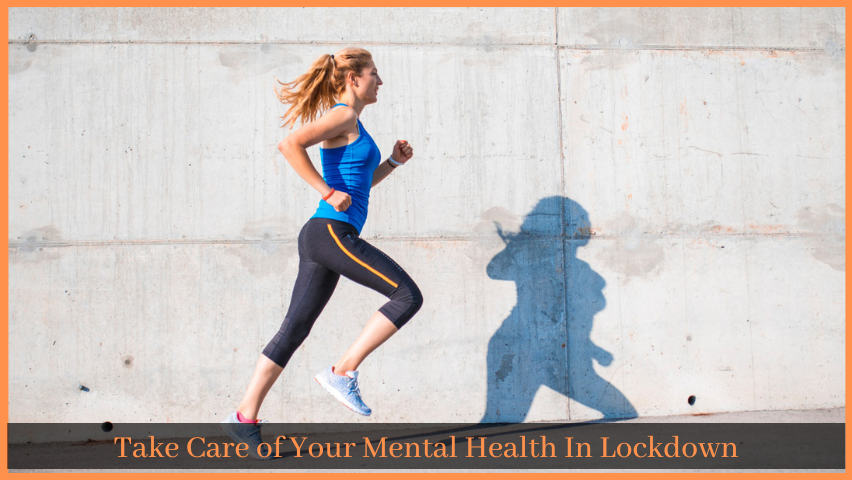Quarantine, isolation, lock-up, reduced travel, etc.? We didn’t imagine the situation! Most of us have been concerned, afraid and concerned about COVID-19 that have affected our mental health.
For the elderly and disabled, the lock-down was not better. They are two vulnerable groups and have had a major impact on their mental health. They are the most affected. Research suggests that disabled people are less likely than disabled people to experience poorer mental and physical health.
And with 18% of Australians living with disabilities and 15% of the elderly (65 years and older), some action needs to be taken to manage the welfare of these people.
However, you still don’t have complete proof of the effects of the mental health lockdown even though you are not disabled or elderly. Here are some ways to manage your mental health while you are locked up.
1. Exercise
Depression, bad mood and anxiety can improve your mental health through workouts. Services have also shown that your cognition and self-esteem are enhanced.
Those simple exercises can help you get a little new air, whether on a walk, cycling or running around your house, which is an excellent way to ‘forget’ what goes on.
More ways to practise at home are available. Yoga, squats and pushups can be tried. You can also make some vigorous cleaning – it makes every effort to raise your heart rate.
Research shows people who work 1.5 fewer days per month of poor mental health than people who don’t.
2. Stay updated
Social relations not only help us to cope with stressful situations but are also crucial for our well-being and mental health. Thanks to the hormone oxytocin, it makes us feel more positive and soothing to stay in contact with family and friends.
You don’t have to stay connected with your loved ones in the same room or area through technology. You can communicate with people from anywhere via video conference apps like Skype, Zoom and FaceTime.
Talk to your family and friends during lock-downs to reduce anxiety and stress. Tell your grandchildren about your trips – they’re going to love hearing them! Moreover, your mental health will also improve.
3. Have a good routine
Set up a healthy routine, as it helps to make you feel normal and amiable. Look for some things that can make you feel complete during the lockdowns. Cooking, playing games, participating in an online support group, reading a book, and anything else you love will be enough!
Create and follow a routine every day for these activities. It keeps you free of stress, depression and fear.
4. Stay up to date
Stay informed about developments in COVID-19 all the time. In addition to keeping you up-to-date on changes to the virus, it also gives you hope and reduces your anxiety.
However, make sure that you only gather information using trusted sources. Few trusted sources of news can be used, including:
Website of the World Health Organisation
Direct Health – Australian Government
Coronavirus Health Alert Coronavirus
This list can be filled with more reliable sources. The aim is to keep news up to date, trustworthy and verifiable.
5. Seek professional assistance
Episodes of mental and emotional disruptions are usual from time to time. However, you should seek assistance from a professional if such episodes continue.
If you don’t know where to begin, talk to your primary care physician, who is likely to know some of the best mental health experts in the area. REMEMBER can make a big difference by seeking early assistance for a mental health problem.



